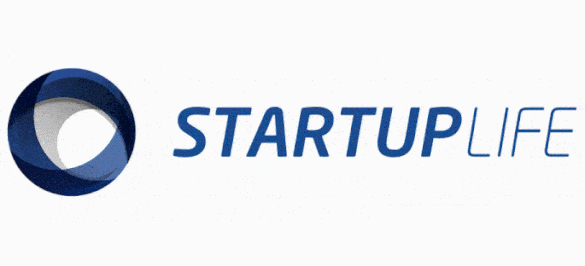By Lucas Euzébio and Layon Lopes
According to the Central Bank of Brazil (Bacen), FED (Federal Reserve) style, fintechs introduce innovations in the financial markets through the intense use of technology, with the potential to create new business models, increasing efficiency and competition in the credit market , as well as the reduction of bureaucracy in access to credit, which is still difficult to access in Brazil.
When it comes to fintech, there are several categories, such as credit, payments, financial management, investment, insurance, foreign exchange, etc. fintech. In this article, we’ll focus on credit fintechs.
In Brazil, two types of credit fintechs can be authorized to operate. There are two modes. The SEP (Personal Loan Society) and the SCD (Direct Credit Society).
Both fintechs will operate credit. The difference is in the final recipient. SEP will only offer credit between people. In other words, in short, it is a platform that connects people (lenders and borrowers) where the lender lends his money to the borrower.
Unlike a traditional bank, the SEP-style credit fintech does not lend its own money, but that of the lender, performing all the technological service, but not actually disbursing the amount. It is known in the market as peer-to-peer lending.
SEP may offer credit analysis and collection services to customers and third parties, as well as e-money issuance. This modality requires authorization from the Bacen to operate.
On the other hand, SCD is on the contrary, it lends its own money to the borrower. The business model is also carried out through an electronic platform. The main difference is where the money is raised from.
Furthermore, both types of fintech are incorporated into the national financial system, unlike payment fintechs, which in Brazil are incorporated into the national payment system.
The request for authorization to operate requires several minimum requirements, such as initial capital of at least one million reais, several kits of legal documents, compliance, corporate rules, cyber security, among others, and, finally, the request for justification, being the discretionary decision of the Bacen, that is, the fulfillment of all requirements, does not guarantee the necessary operating authorization.
Finally, within the authorization process, the Bacen will obtain information both from the company and operation, as well as from the founders, if necessary to prove the origin of the money, among other requirements imposed by the Bacen.
Layon Lopes is the CEO of Silva | Lopes and Lucas Euzébio is a member of the Silva | Lopes team.







